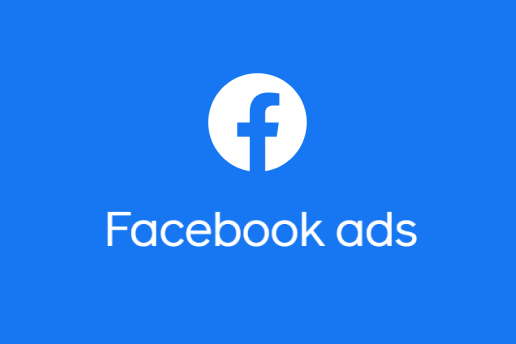Facebook has undeniably transformed the landscape of online business, particularly in enabling advertising, but it has also presented its fair share of challenges.
Paid Facebook ads have become increasingly popular, with many businesses turning to this platform for marketing. However, recent complaints from individuals engaged in paid advertising on Instagram and Facebook revolve around their accounts being banned, shedding light on the intricacies of this powerful advertising medium.
Read also: Messenger returns to Facebook to improve privacy, user experience
The Mystery of Ad Account Bans
One of the significant issues faced by advertisers on Facebook is the lack of clear reasons provided for ad account bans. When your account is banned, Facebook often fails to specify the exact violation. To navigate this landscape, you’ll need to review their ad policies. In this article, we will explore the primary reasons for ad account bans and provide insights into avoiding them.
1. Payment Issues
One common reason for ad account bans is related to payment problems. Your ads may comply with Facebook’s social advertising guidelines, but if your payments are not up to date or if your payment information is incorrect, your ads may be halted. Ensuring your payment information is accurate and updated, especially if you’ve changed banking details, is crucial to avoid disruptions in your advertising campaigns.
2. Personal Attributes
Facebook’s policy on personal attributes is strict, prohibiting content that asserts or implies personal attributes, including race, ethnic origin, religion, age, sexual orientation, gender, and more. To prevent an account ban, it’s essential to carefully consider the language used in your ad graphics and captions to ensure compliance with Facebook’s terms and conditions. Any content that targets personal attributes or is perceived as deceptive can lead to account bans.
3. Use of Facebook’s Branding
Mentioning or using Facebook’s branding in your ads can also trigger ad account bans or rejections. While it might seem like using Facebook’s branding adds legitimacy to your ad, it is not allowed and could result in adverse consequences.
4. Logging in from Different IP Addresses
Frequently logging into your ad account from various IP addresses, such as when you travel or use different devices, can raise suspicion with Facebook. This behavior may be perceived as fraudulent activity. To avoid this, consider logging in from a consistent IP address, such as a mobile device when you’re not at your usual location.
5. Spending Too Quickly
New Facebook advertisers are subject to spending limits, and rapidly increasing your ad budget or spending a substantial amount on ads all at once can arouse concerns at Facebook. To scale up your ad campaigns without raising suspicion, increase your budget gradually, typically by no more than 15% per day, until your ad account matures and receives a higher spending limit.
6. Too Many Disapproved Ads
Having a history of numerous disapproved ads can negatively affect your ad account. Facebook considers previous disapprovals when reviewing new ad submissions. If you have more disapprovals than approvals, your chances of getting subsequent ads approved decrease significantly, and repeated rejections could lead to your account being shut down.
7. Leaving a History of Disapproved Ads
It’s essential not to leave disapproved ads within your account. Facebook closely scrutinizes accounts with a history of disapproved ads, which can result in account shutdown. Deleting disapproved ads won’t hide them from Facebook, as the platform maintains a separate record of them. Leaving such ads in your account is akin to waving a red flag.
8. Failure to Limit Access to Your Ad Account
Facebook monitors the associations between fan pages, individual user accounts, and ad accounts. If a banned user is linked to a fan page or ad account, it can lead to an automatic shutdown. It’s crucial to carefully manage access to your ad account and be selective about whom you grant access to, whether it’s a client, manager, or vendor. Facebook takes a dim view of accounts associated with banned users.
In addition to these reasons, other grounds for ad account bans may be specific to local laws in the regions where you are advertising. Some content categories, such as gambling, dating services, online drug stores, financial services, social and political issue-related advertising, and more, may require prior permission from Facebook depending on local regulations.
While Facebook has undeniably transformed the online business landscape and opened up significant opportunities for advertisers, it comes with its own set of challenges.
Understanding and adhering to Facebook’s ad policies is essential to avoid ad account bans and make the most of this powerful advertising platform. As the online business landscape continues to evolve, adapting to the rules and guidelines of these platforms remains crucial for sustained success.
















